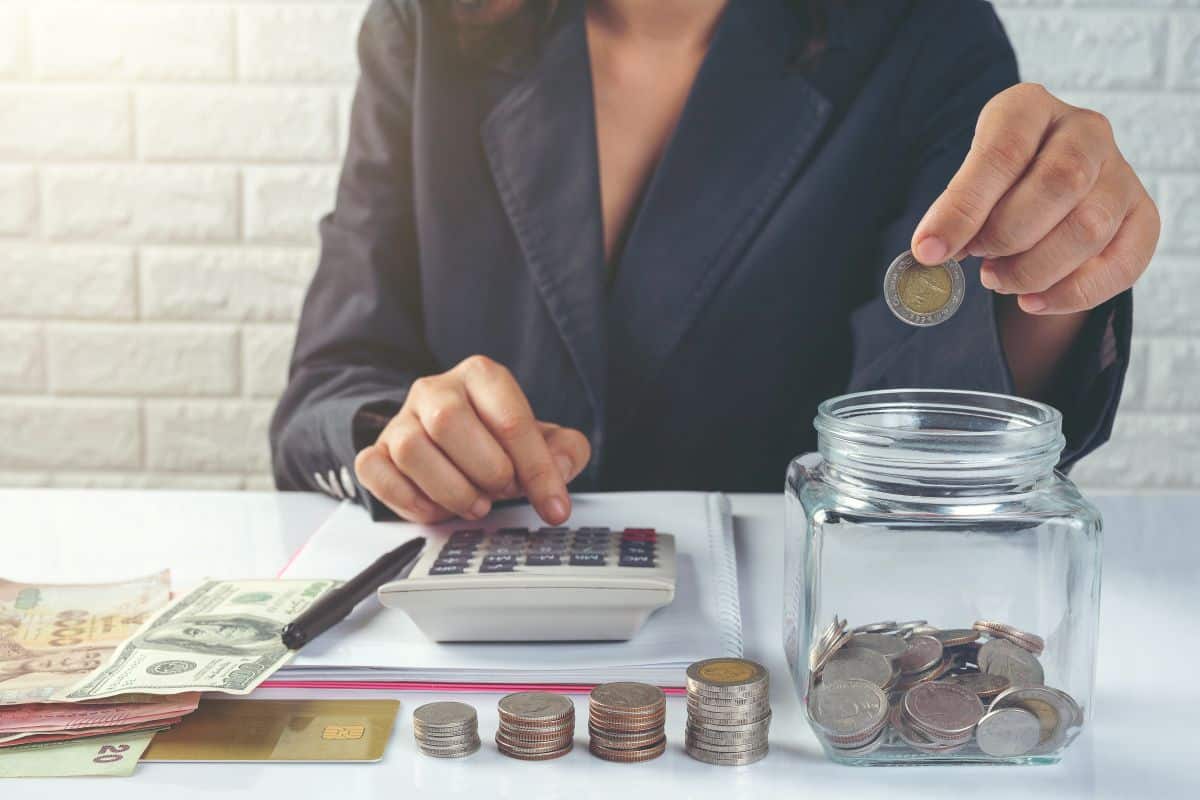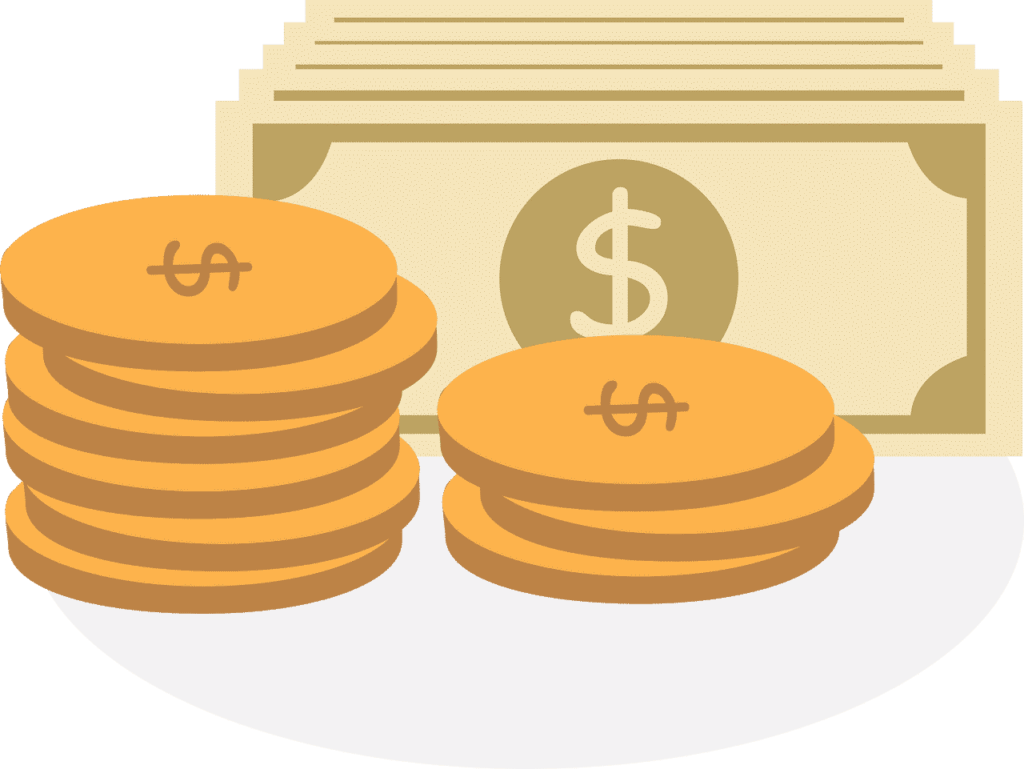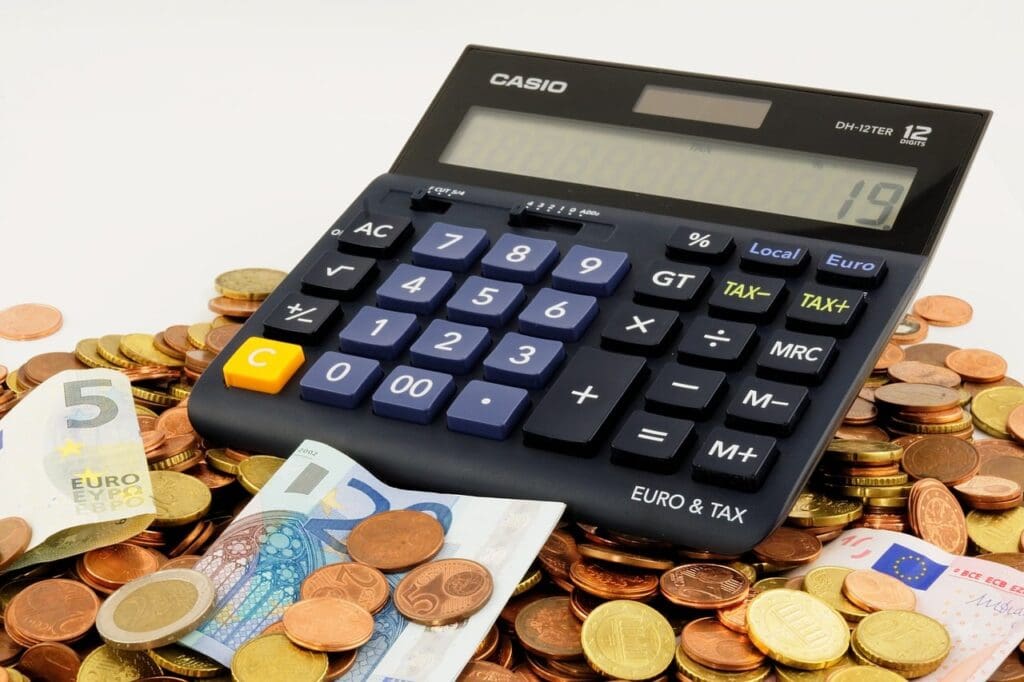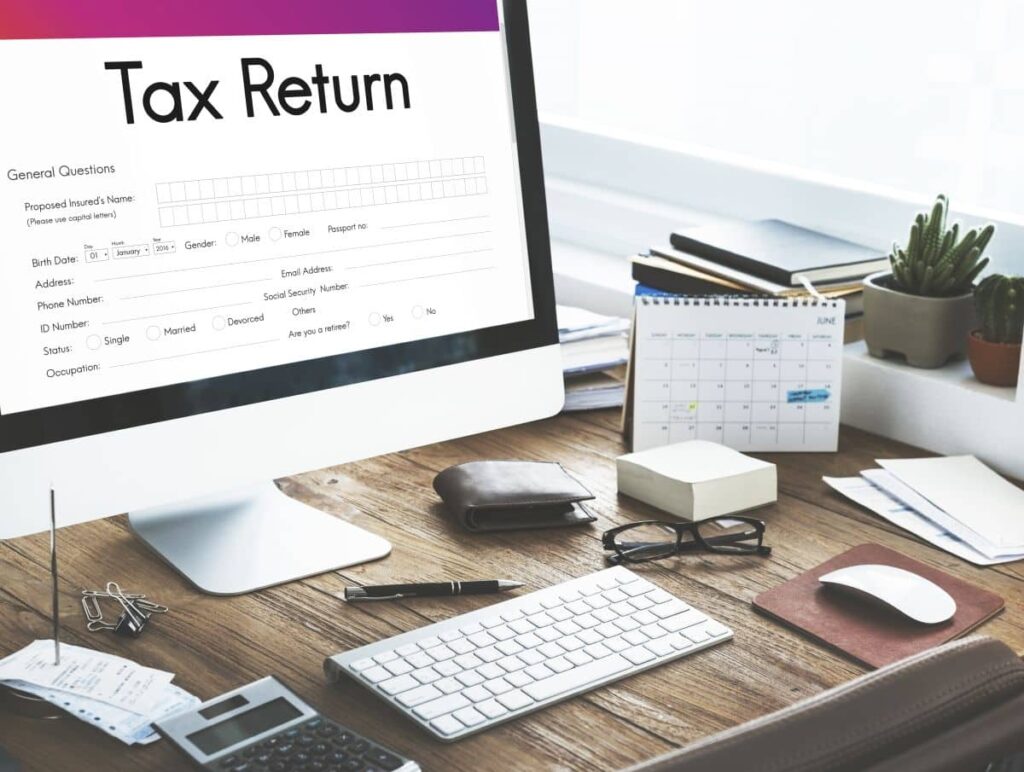When you invest in real estate in Australia, you will face a significant number of tax obligations. This article will present some suggestions for reducing the amount of money that you owe in taxes.
Every source of income is subject to taxation in Australia. This includes income from renting out a property, investing in shares or any other investment vehicle, interest collected on savings accounts, and capital gains realized from the sale of assets like stocks or property.
Companies may be subject to corporate tax duties, the nature of which varies according to the legal structure of the corporation. These liabilities are in addition to the income taxes that are owed by individuals (for example, an Australian company pays 30 percent corporate tax). Get assistance if you are unsure what rules apply to your particular circumstance! Always keep in mind that taking any action is preferable to taking none at all.
When it comes to investing in real estate, one of the most crucial things to take into consideration is taxation. Depending on how you own your investment and the kind of property it is, there might be a wide range of different tax rules that apply to property investments. For instance, revenues made from the sale of a home or other personal dwelling are subject to income taxation at the federal level.
If you live in a state that taxes the profit made from the sale of a home, you may also be required to pay income taxes to the state in which you are resident. Where a transaction takes place can have a significant impact on whether or not a capital gain is subject to taxation.
EOFY 2021: Property Tax Tips For Real Estate Investors
As a result of lockdowns and flexible working arrangements, a large number of Australian workers were forced to temporarily relocate to the regions in the year 2020. Some of these workers established up base in the investment houses that they had previously rented out as vacation housing. The ATO has stated that it will be on the lookout for individuals who submit fraudulent claims for expenses related to rental properties.
When you use your property for personal reasons, even if it is during a time when you are unable to rent it out, it constitutes a private expense, and as a result, you are no longer allowed to deduct any costs associated with the property.
What you need to do as an investor is keeping records of the times when you use the property yourself, or even if you lend it out to family and friends for either no rent or really low rent; in either case, you need to deduct those costs from your return for that period of time. If you do not keep records of these times, you will not be able to deduct them later.
The desire for local holidays has also been driven up by the closure of international borders. As a consequence of this, the tax office has issued a warning that any income gained through short-term rentals needs to be included in tax forms and checked against data collected from accommodation websites such as Airbnb.
The ATO Is Increasing Their Focus On Capital Gains
The increased focus on capital gains can also be attributed to the rising asset values.
During the previous year, Australians who were successful in the stock market, with real estate, or even with Bitcoin may be subject to an audit if they make a mistake on their tax returns.
If Australians are reckless in their calculations of how much money they made from bitcoin, investment properties, or shares, they could be subject to a penalty of up to 25 percent of that amount.
Working From Home
According to the Australian Bureau of Statistics, working-related expenses will also be subject to intensive inspection, and this is due to the fact that two out of every five people continue to work from home at least one day per week.
People who file frequent claims for their automobiles and travel expenses, in addition to large expenses related to working from home, will raise a red flag.
According to the Australian Taxation Office (ATO), individuals who claim to work from home deductions this year have access to a procedure that is known as the temporary shortcut approach.
The year before, during the height of the pandemic, the expedient approach was devised in order to deal with the increase of improvised workspaces in people's homes. It eliminates the need to perform complicated computations for individual things and instead permits claims to be made at a rate of 80 cents per work hour at home.
You are not allowed to make any additional claims in regard to working from home if you employ the way of earning 80 cents per hour. Therefore, expenses like as use of a cell phone and internet are accounted for in the 80 cent rate.
Your tax agent will be able to provide you with guidance regarding the strategy that you should choose.
The biggest ‘no-go’ expenses while working from home
- Personal expenses like coffee, tea and toilet paper;
- Expenses that are associated with your child's education, such as those for laptops or online learning programs;
- Expenses that are paid in full at the outset; payments for any asset that costs more than $300 should be broken up over a period of years;
- In most cases, employees are not permitted to deduct occupancy-related expenses, including rent, mortgage interest, property insurance, land taxes, and rates. Even if the home you are selling is your primary residence, you may be required to pay capital gains tax if you have claimed costs related to the home's occupancy.
Landlords who will be Affected by Rent Cuts
After a difficult year for landlords, the ATO has informed investors that they can continue to claim costs as normal on properties that have had their rents reduced or that have had their mortgages temporarily suspended.
You are allowed to keep claiming all of those deductions, including the interest paid to the bank on loan for the property, the rates, and anything else of the like. Therefore, you should proceed to deduct them as usual.
The rent only needs to be reported as income once it has been paid to the landlord. Therefore, if the payments that your renters owe you are scheduled to be made during the following fiscal year, for example, you do not need to include these payments until you actually get them.
If your renters had fallen behind on their rent payments for a few months, and then in August, they offer you a back payment equal to three months' worth of rent, you should just record that money as revenue for that specific month.
The following will be key areas of attention for the ATO during the EOFY 2021:
- Capital gains from selling property, shares and cryptocurrencies;
- Incorrect work-related expenses, such as claiming personal expenses or copying last year’s deductions despite changed work conditions;
- Incorrectly claiming expenses for rental properties when they’ve been using the properties themselves;
- Failing to declare all income earned from short-term accommodation.
Advice on Taxes for Real Estate Investors
At tax time, investors have the potential to reclaim a sizeable portion of the expenditures associated with their properties, including mortgage interest, legal fees, and rental charges, provided that they claim these deductions accurately.
Many investors are likewise prone to overlooking the depreciation of their properties.
Financial planners often collaborate with other professionals to provide a holistic approach to your finances
Eighty percent of property investors do not take full advantage of property depreciation, which results in the potential loss of thousands of dollars.
The interest that was paid on the investor's loan is also a major deduction that can be claimed. Nevertheless, there are certain restrictions on this:
- The property must have been rented out or genuinely available for rent in the same year you claim a deduction;
- If the property was used for private purposes at any point over the year, you aren’t allowed to claim for that period;
- If you use some of the loan money for personal use, such as buying a boat or going on a holiday, you can’t claim the interest on that part of the loan. You can only claim the part of the interest that relates to the rental property.
Prove It With Records
According to the Australian Taxation Office (ATO), the absence of receipts or other evidence to support a claim is the leading cause of claims being refused. Always keep in mind that if you can't prove it, you can't claim it as your own.
Those taxpayers who revise their returns due to genuine mistakes will not be subject to any penalties; however, those who knowingly overclaim can incur penalties of up to 75 percent of the amount that was intentionally overclaimed.
Advice for Real Estate Investors at the End of the Fiscal Year
Property investors are in for a potentially lucrative period at the conclusion of each fiscal year because there are several tax breaks and other benefits still available on investment properties. Here are some of our best recommendations for the 30th of June.
Prepay Your Interest
It is possible that your mortgage lender will allow you to pay the interest on your investment property home loan in advance, particularly if you have a fixed-rate loan. Current allows you to bring forward the interest payments that would normally be made during the following fiscal year and deduct them from your taxes for this year instead.
In spite of the fact that you will need to have the funds available in advance, there is a possibility that doing so will result in a significant decrease in the amount of tax you have to pay. This is something to keep in mind, especially if you bring in a considerable amount of money each month and have a sizable mortgage on your investment home.
Claim Depreciation
Depreciation is the annual decrease in the value of a building's structure, permanent fixtures, and plant and equipment. Investors in real estate are eligible to take a tax deduction for the amount of depreciation that occurs on the property they own. This could include, for instance, the annual decline in the value of things such as stoves, washing machines, carpets, and blinds.
On investment properties purchased after 7.30 p.m. on May 9, 2017, you are eligible to claim interest on all depreciable goods that qualify for the deduction. You are only eligible to claim depreciation on newly purchased things for investment properties for which the contract was signed after the applicable date.
A depreciation schedule is required in order for you to make your claim. You may make these plans on your own, but it's usually a better idea to have a professional quantity surveyor do it for you.
Claim Your Borrowing Expenses

Did you realize that a significant portion of the expenses connected with the acquisition of your home loan qualifies as tax-deductible? This includes any expenses associated with the origination of the loan, fees associated with the appraisal of the property, fees associated with the mortgage broker, and even any stamp duty you were required to pay on the mortgage itself. Lenders' mortgage insurance (LMI), is one example of these fees. (This is a separate fee from the stamp duty that you paid on the property, and it is typically far less significant than the stamp duty.)
Therefore, if you have obtained a loan in the current fiscal year in order to purchase an investment property, or even if you have refinanced the loan that is already attached to an investment property that you already own, make sure that you take full advantage of this tax benefit.
A property advisor can provide valuable insights into the real estate market, aiding in investment decisions
Lodge a PAYG Withholding Variation
The majority of people who invest in real estate, including those whose properties have negative cash flow, have the habit of paying the interest on their mortgages when the payment is due, but they wait until the end of the year to write it off on their taxes. This can result in significant issues with regard to cash flow.
Therefore, if you discover that you are in this predicament, you might want to think about submitting an application to the ATO for a PAYG withholding modification.
You are able to modify the amount of PAYG withholding that is deducted from your pay during the year through the use of a PAYG withholding variation. This allows you to effectively receive tax deductions as they occur rather than having to wait to be repaid for them. On the other hand, if you alter your PAYG in such a way that it becomes much lower, you might discover that you have to pay the ATO back when you lodge your tax return.
Time Any Capital Gains Tax Events Right
You are required to pay capital gains tax (CGT) on any profit you generate from the sale of an investment property if you have plans to sell the property. This indicates that your profit will be considered income and taxed at the rate that applies to your marginal tax bracket (i.e. the top rate you pay).
In most cases, the amount of capital gains tax that you owe will be determined by your income in the tax year that you swap contracts. However, if you wish to reduce the amount of income that is subject to taxation during this fiscal year, one option you have is to delay the exchange until July. This will allow your profit to be deducted from your income for the following year. Again, you should see your accountant in order to obtain specific guidance on your particular situation.
Also, keep in mind that any capital gain you realize on investment properties that you retain for more than a year will qualify for a deduction of fifty percent of that gain.
Keep Your Receipts Safely Stored!
Because the ATO considers your receipts to be evidence that you have spent the money that you claimed to have spent, it is imperative that you keep hold of all of your receipts. In the event that the ATO ever analyzes your records, you run the risk of improperly denying yourself deductions that are entirely within your right.
Get Good Advice
The regulations that govern the deductions that can be taken for investment properties might be difficult to understand at times.
More than ever before, it is essential for you to have sound advice from your accountant or financial planner regarding the aspects of your investment that you can and cannot claim, as well as the best way to structure your investment to achieve the greatest possible return.
Advice on Taxes for Investors
1. Make interest payments in advance
If you have a fixed-rate loan, prepaying your interest for the upcoming year can be a possibility for you as a property owner (subject to the terms imposed by your lender), especially if you have this type of loan. The advantage of prepaying the interest is that it allows you to move the interest payments for the following fiscal year forward into this year, after which you may claim the amount as a deduction on your tax return for this year.
You will be required to have the cash available upfront; nevertheless, this may result in a decrease in the amount of your income that is subject to taxation. If you have a significant financial obligation and a high income, this will be of considerable assistance to you. It's possible that this will result in significant savings.
2. Claim depreciation
Your plan for purchasing investment property should heavily include depreciation as a fundamental component. Tax reductions for depreciation are provided for older and existing properties as well, despite the fact that the benefits of newer assets are more significant.
A rental property depreciation schedule is a report that clearly details the tax deductions a property investor can claim for the annual depreciation of their investment property (building, fixtures and assets).
Depreciation schedules for rental properties aid investors in claiming the maximum allowable tax deductions for the annual depreciation of their investment property (referred to as capital allowance and depreciation by the ATO).
The normal amount of the annual deductions are in the thousands of dollars, and they can last for up to forty years.
Specifically, a depreciation schedule will:
- ensure that your claims for capital allowance are in accordance with ATO legislation;
- save you time and effort in trying to calculate these deductions for yourself;
- save you money with your accountant, as they simply apply the results from the schedule;
- ensure that your deductions are maximised to create the greatest cash flow result for your investment.
If you need help in sourcing a depreciation schedule, we highly recommend BMT Tax Depreciation Quantity Surveyors.
3. Claim expenses
Many costs associated with rental properties are frequently not reimbursed. Bank fees, gardening and lawn mowing, pest treatment, property management fees, travel and automobile expenses for rent collection, and other miscellaneous costs are the deductions that are most likely to be neglected.
You have the ability to make a claim for any fees associated with the borrowing process. This includes any lender's mortgage insurance (LMI), any fees associated with the establishment of a loan, any fees associated with a valuation, any fees associated with a mortgage broker, and even any stamp duty you were required to pay on the mortgage itself.
Therefore, if you have obtained a loan in order to purchase an investment property during the current fiscal year – or even if you have refinanced the loan on an investment property that you already own – make sure that you take full advantage of this tax benefit.
It is more vital than ever before that you seek sound guidance from your accountant or financial planner regarding what you can claim and what you cannot claim, as well as how to structure your investment so that it has the most possible impact.
4. Hold on to your receipts
Your receipts will be used by the ATO to verify the money you’ve spent, so make sure you keep them on hand. Everything you spend on your investment property should be recorded to allow for maximum deductions.
5. Time any Capital Gains Tax events right
If you want to sell an investment property, any profit you make may be subject to capital gains tax (CGT), depending on the state in which you reside. This indicates that your profit will be considered income and taxed at the rate applicable to your marginal tax bracket.
In general, if you hold investment properties for more than a year and make a capital gain on such properties, you will be eligible for a discount equal to fifty percent of the amount of the gain. Your taxable capital gains amount will be calculated using your income from the tax year in which the contracts were exchanged. If you are looking to reduce the amount of income that is subject to taxation for the current fiscal year, one option for you to consider is delaying the exchange of currency until July. This will allow your profit to be deducted from the income for the following year. It is imperative that you discuss the particulars of your situation with your accountant.
To ensure that you are making informed decisions regarding your investment properties, it is essential to have professional guidance.
The "Dream Team," which consists of an excellent property manager and an astute accountant, has the potential to save you thousands of dollars each year and is often referred to by that name.




















